We present a coin dedicated to Louis Braille, the creator of the alphabet for the blind.
He was born in Coupvray, a small town about twenty miles east of Paris, on 4 January 1809.
At the age of three, he was playing with some of the tools, trying to make holes in a piece of leather with an awl. Squinting closely at the surface, he pressed down hard to drive the point in, and the awl glanced across the tough leather and stabbed him in one of his eyes. The infection spread to the other eye and caused total blindness.
Thanks to the care of his parents, he grew up seemingly at peace with his disability. Braille studied in Coupvray until the age of ten. Because of his intelligence and diligence, Braille was permitted to attend one of the first schools for blind children in the world, the Royal Institute for Blind Youth, since renamed to the National Institute for Blind Youth in Paris.
The children were taught to read using a system devised by the school’s founder, Valentin Haüy. He designed and manufactured a small library of books for the children by embossing heavy paper with the raised imprints of Latin letters. Readers would trace their fingers over the text, comprehending slowly but in a traditional fashion which Haüy could appreciate. The handcrafted Haüy books all came in uncomfortable sizes and weights for children. They were laboriously constructed, very fragile, and expensive to obtain.
In 1821, Braille learned of a communication system devised by Charles Barbier. Barbier, aware of its potential for helping the blind to read and write, wrote to the school to introduce his method. Barbier’s invention was a code of up to twelve dots in two columns, impressed into thick paper. These impressions could be interpreted entirely by the fingers. Barbier’s code of raised dots inspired Braille to develop a system of his own. Braille was determined to invent a system of reading and writing that could bridge the gap in communication between the sighted and the blind.
Braille reworked Barbier’s system by simplifying its form and maximizing its efficiency. He made uniform columns for each letter, and reduced the maximum of twelve raised dots to six. His first version used both dots and dashes. He published this version in 1829, but by the second edition in 1837 discarded the dashes because they were too difficult to read. Crucially, Braille’s smaller cells were capable of being recognized as letters with a single touch of a finger. Braille had always been a sickly child, and his condition worsened in adulthood.
A persistent respiratory illness, long believed to be tuberculosis, dogged him. Despite the lack of a cure at the time, Braille lived with the illness for 16 years. By the age of 40, he was forced to relinquish his position as a teacher. When his condition reached mortal danger, he was admitted to the infirmary at the Royal Institution, where he died on 6 January 1852, two days after he turned 43.
The entire coin is covered in black. Only the relief, made using the Antique Finish Ultra High Relief technique, is visible at first sight. The reverse depicts the bust of Louis Braille, his name and the dates of his birth and death. This information is written in both Latin and Braille. In the background, the entire alphabet is written, which is only visible under UV light.
The design of the obverse is inspired by the layout of the keys on a Braille typewriter. All information provided is also written in both alphabets.
The coin is delivered in an elegant wooden box with a stylish wrapper and certificate.
The total mintage is only 500 pieces worldwide.

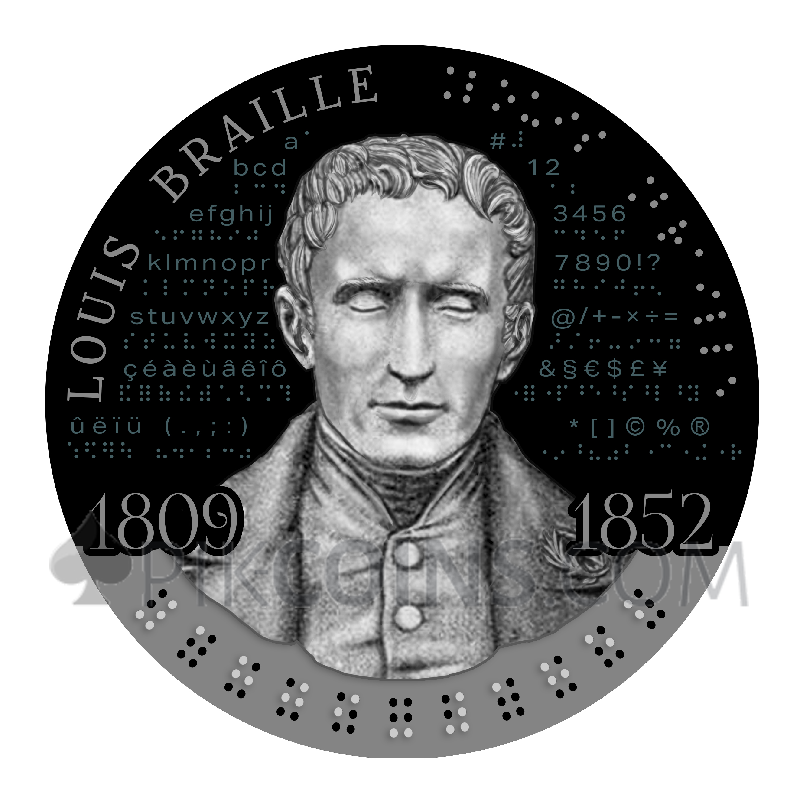
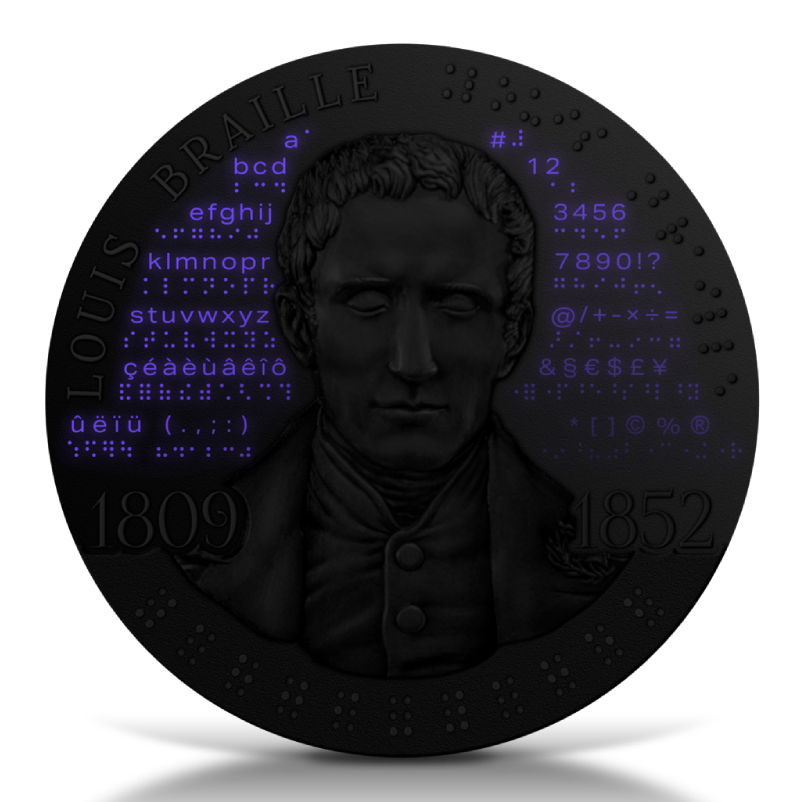
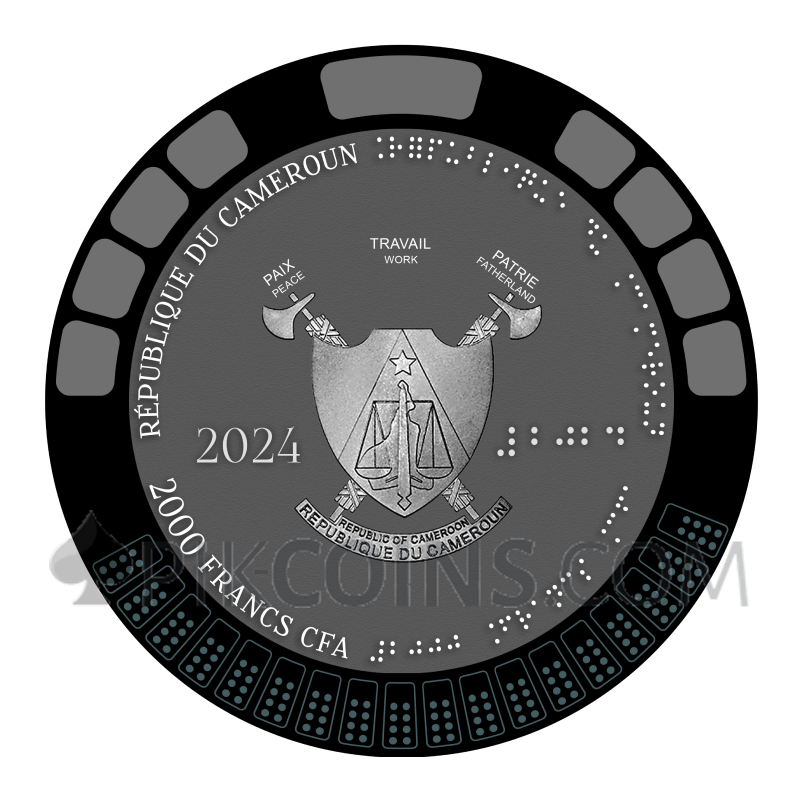
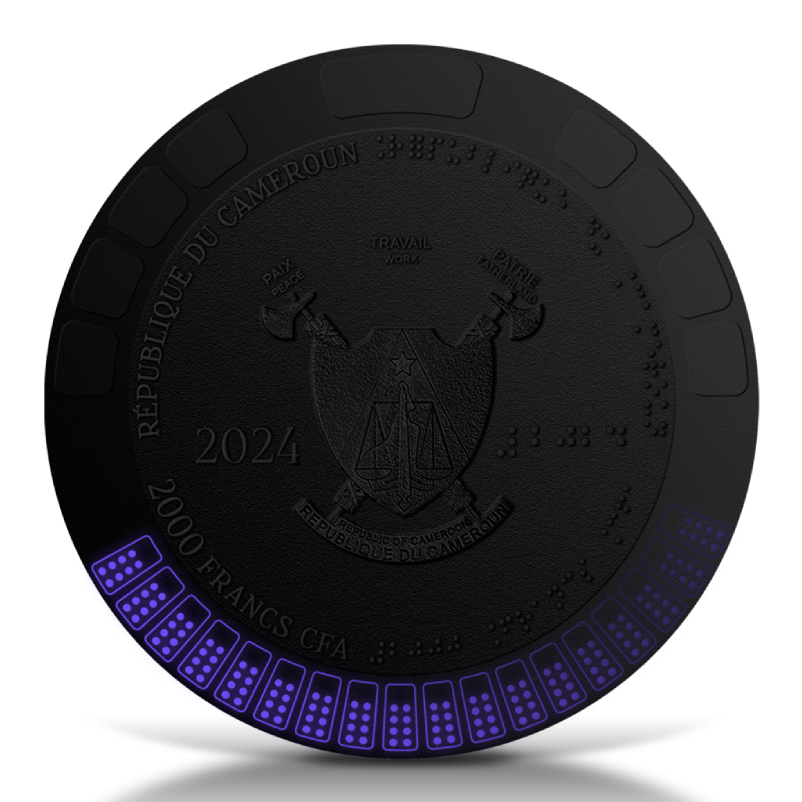
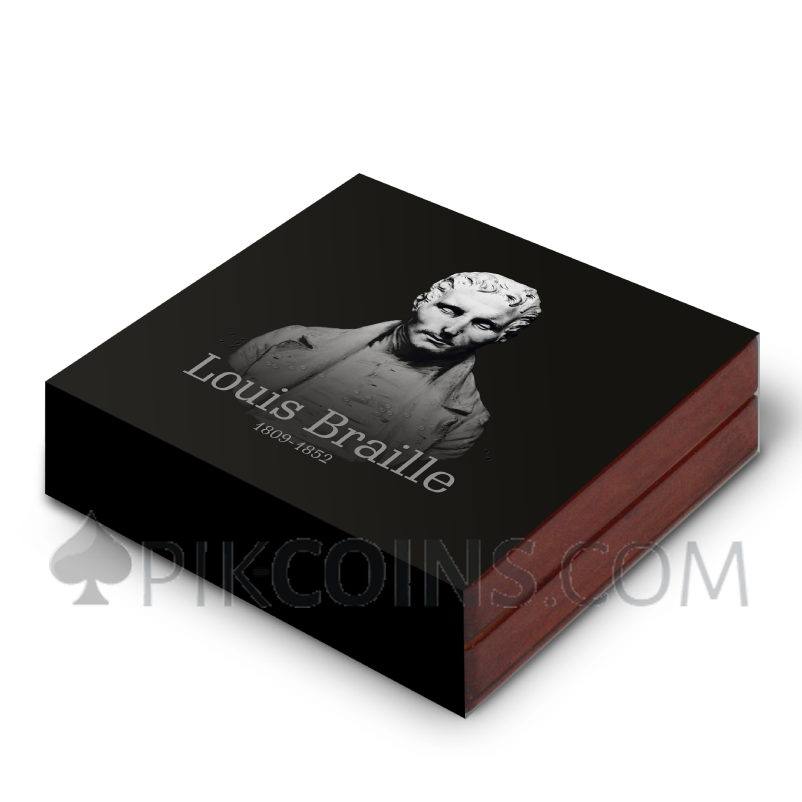
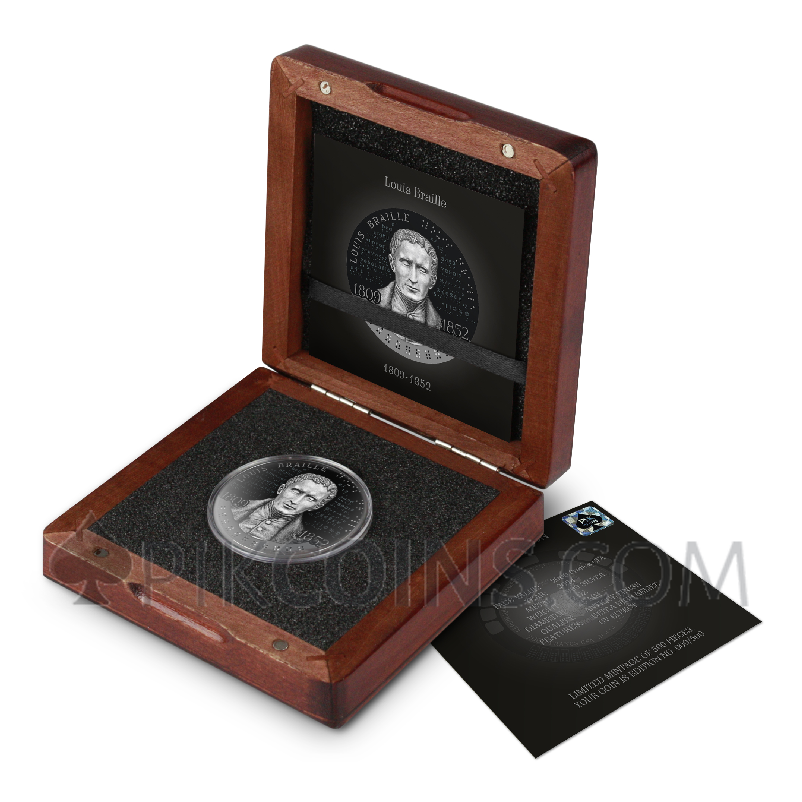

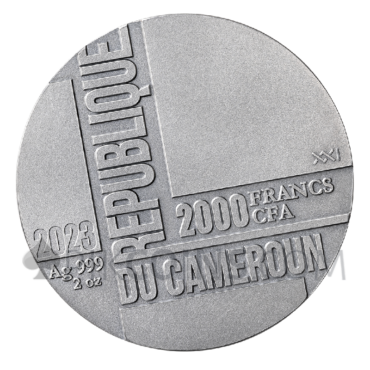

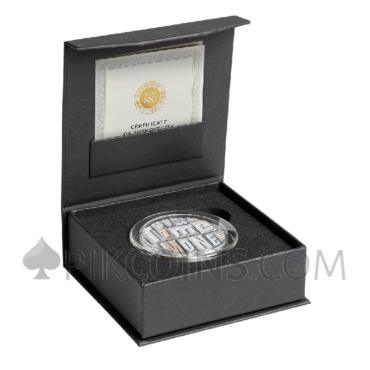

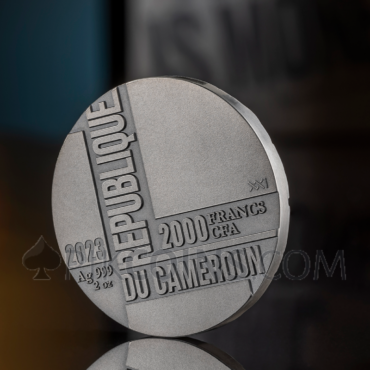

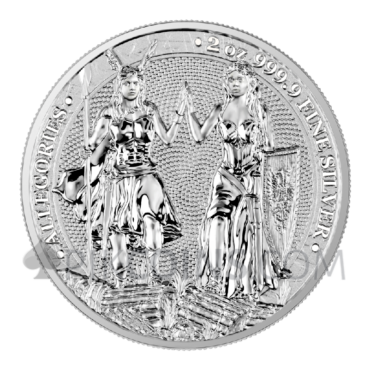

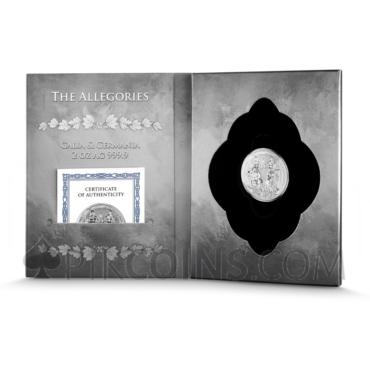


Reviews
There are no reviews yet.